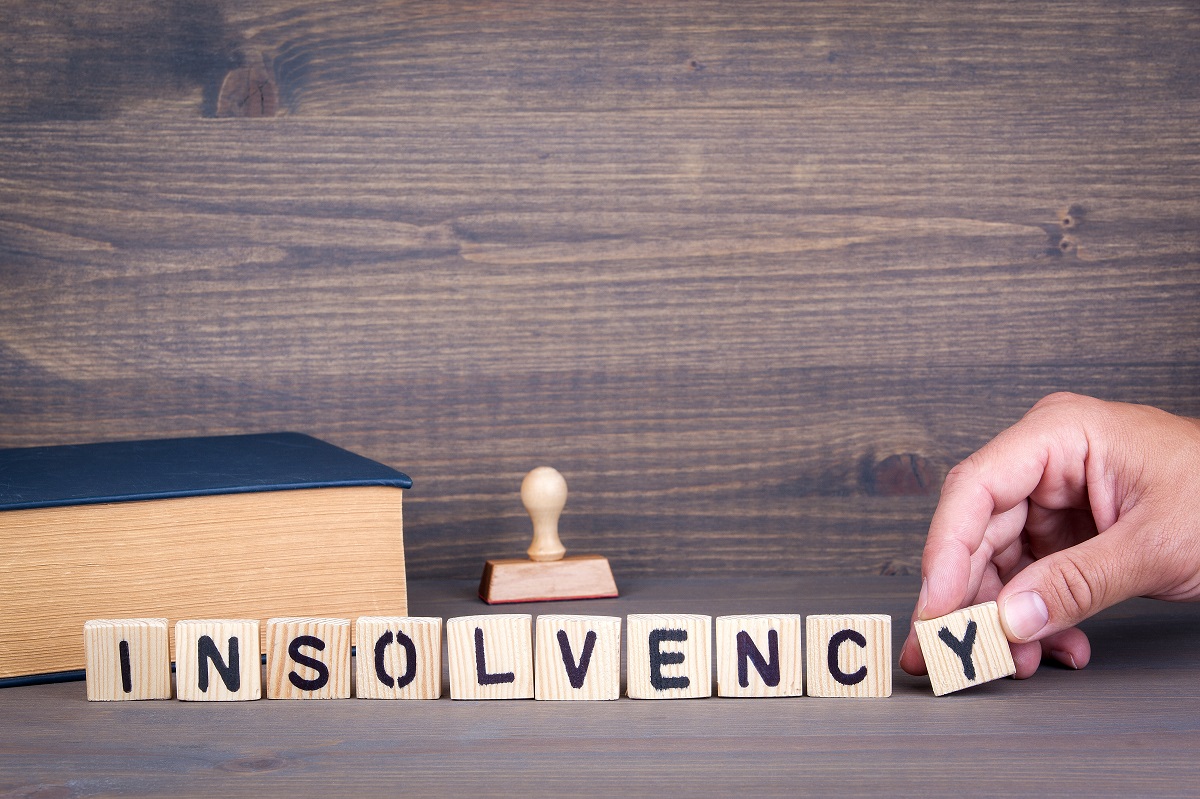Not known Factual Statements About Insolvency Practitioner
Not known Factual Statements About Insolvency Practitioner
Blog Article
The smart Trick of Insolvency Practitioner That Nobody is Discussing
Table of ContentsSome Known Incorrect Statements About Insolvency Practitioner 10 Simple Techniques For Insolvency PractitionerIndicators on Insolvency Practitioner You Need To KnowThe 7-Second Trick For Insolvency PractitionerEverything about Insolvency Practitioner
Whether you need to make use of a bankruptcy practitioner (IP) to liquidate your company depends upon different aspects. While engaging an insolvency practitioner for all kinds of liquidation is not a lawful requirement, doing so can usually simplify the procedure and guarantee conformity with legal demands. Liquidating a company is a critical choice that comes with significant consequences.
It is a procedure used when a firm does not have any financial institutions, or every one of their lenders can be repaid completely with legal interest. Recognizing the various sorts of insolvency procedures can help you figure out the ideal course of action for your business's liquidation or various other formal insolvency treatments itself.
This is required in order to comply with lawful needs - Insolvency Practitioner. This is because IPs have the needed credentials and experience to ensure that the liquidation procedure is carried out in conformity with all suitable legislations and policies. By engaging an accredited insolvency practitioner, you can have comfort understanding that your business's liquidation process will certainly be taken care of expertly and in conformity with the pertinent legal requirements
The 9-Minute Rule for Insolvency Practitioner
The bankruptcy professional is designated as a liquidator and is accountable for managing the company and liquidator's financial debts outstanding obligations and assets. This procedure entails marketing off the firm's assets and dispersing the profits to creditors. Upon completion of the procedure, the firm is removed from the register at Companies Home.
Stopping working to do so can result in personal obligation for the firm or supervisor for the lender's financial debts. Voluntary liquidation, that includes Lenders' Volunteer Liquidation (CVL) and Participants' Voluntary Liquidation (MVL), is initiated by the company's supervisors and shareholders when they can no much longer pay their debts. In a CVL, the insolvency expert is marked as the liquidator, in charge of managing firm financial obligations and all company properties.

Insolvency Practitioner - The Facts
By evaluating the competence and experience of prospective bankruptcy experts, you can ensure that you pick an expert who possesses the necessary qualifications to manage your business's liquidation process effectively. While bankruptcy practitioner-led liquidation is typically one of the most suitable course of action for companies encountering bankruptcy, there are different approaches to take into consideration, such as striking off and partial liquidation.
It's necessary to evaluate all available options prior to choosing on the next finest remedy or strategy for your organization. Striking off business' registers is a much more straightforward and cost-efficient way to close inactive or tiny business without any debts or possessions. To strike off a company, its name is gotten rid of from the Firms House register by sending type DS01.
Before opting for striking off, it's crucial to weigh the advantages and drawbacks of this strategy and consider whether it's the right option for your service. Partial liquidation is another choice to insolvency practitioner-led liquidation, where a company liquidates particular properties and liabilities while remaining to operate with the staying properties and liabilities.
An Insolvency Expert will certainly have the ability to advise you of the ideal strategy to take and make my review here sure that everything runs smoothly. Unfortunately, it is not feasible to sell off a business without a liquidator. Appointing an authorised bankruptcy professional is essential for the process of volunteer liquidation to begin.
Insolvency Practitioner Fundamentals Explained
It is possible to close and liquidate your company without utilizing a liquidator, offered your business is solvent and you fulfill the eligibility requirements to dissolve or liquidate it. Nonetheless, if your business is bankrupt, you might be needed to use a liquidator and begin formal insolvency treatments. Here are a few other insightful articles relating to business liquidation in the UK:.
Being in a setting where you're incapable to pay your firm's financial institutions is exceptionally demanding. In an attempt to avoid boosting the degree of financial debt, many useful source companies attempt to discuss directly with their creditors and concur to a casual plan. If the financial debt is rather tiny and owed to one lender, and the creditor is being cooperative, participating in an informal financial debt setup is probably the very best remedy, as opposed to browsing the web for 'an insolvency expert near me'.
On the other hand, if there are several lenders and the level of financial obligation is huge, financial institutions might not be so eager or participating. To avoid liquidation or bankruptcy, it is far better to hire a bankruptcy practitioner to prepare formal propositions and discuss with financial institutions on your behalf.
Not known Facts About Insolvency Practitioner
Whilst it is a method to manage financial obligation, there are considerable risks entailed with this kind of financial obligation plan - Insolvency Practitioner. If a lender wants to enter into a casual setup (IA) whereby the borrower has agreed to make regular, if reduced, payments to settle the financial debt, it's important to stay with the agreement

As a result, the creditor is within their legal rights to back out of the contract and request the courts for your company to be sold off any time. An official plan that has been recommended by a bankruptcy practitioner on your behalf, and agreed by a creditor, gives a much more secure choice.
Report this page